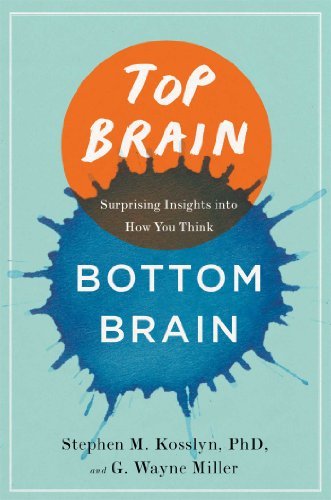The notion that the left and right hemispheres of the human brain have different tendencies and that people favor one side over than the other the way they do with handedness goes back over 50 years to the early 1960s. That's when renowned neuroscientist Roger Sperry began his pioneering work with epileptics that demonstrated that the two sides of the brain play measurably different roles in cognitive functioning.
Sperry's research, which won him the Nobel Prize in 1981, confirmed that the two halves of the brain have distinct cognitive capabilities, such as attending to overall shape rather than details during perception. But he cautioned that "experimentally observed polarity in right-left cognitive styles is an idea in general" and that "it is important to remember that the two hemispheres in the normal intact brain tend regularly to function closely together as a unit."
The popular press, however, became enthralled with the idea that "We Are Left-Brained or Right-Brained," as the New York Times Sunday Magazine announced. And few noticed that Sperry's work was done on abnormal brains and that the left brain/right brain has no solid basis in science. The brain doesn't work one part at a time, but rather as a single interactive system, with all parts contributing in concert, as neuroscientists have long known.
In "Top Brain, Bottom Brain: Surprising Insights into How You Think" Stephen M. Kosslyn and G. Wayne Miller propose a way of thinking about the brain in which the bottom part of the brain primarily processes input from the senses while the top part devises and carries out plans of action.
"We have argued that a person's habitual way of thinking does arise from the workings of two portions of the brain, the top and the bottom," they explain. "And we have argued that simple dichotomies cannot adequately explain what these portions do: They must be viewed as systems - and systems that work together."
Surprising Insights into How You Think
by Stephen M. Kosslyn and G. Wayne Miller
Simon & Schuster, 2013

